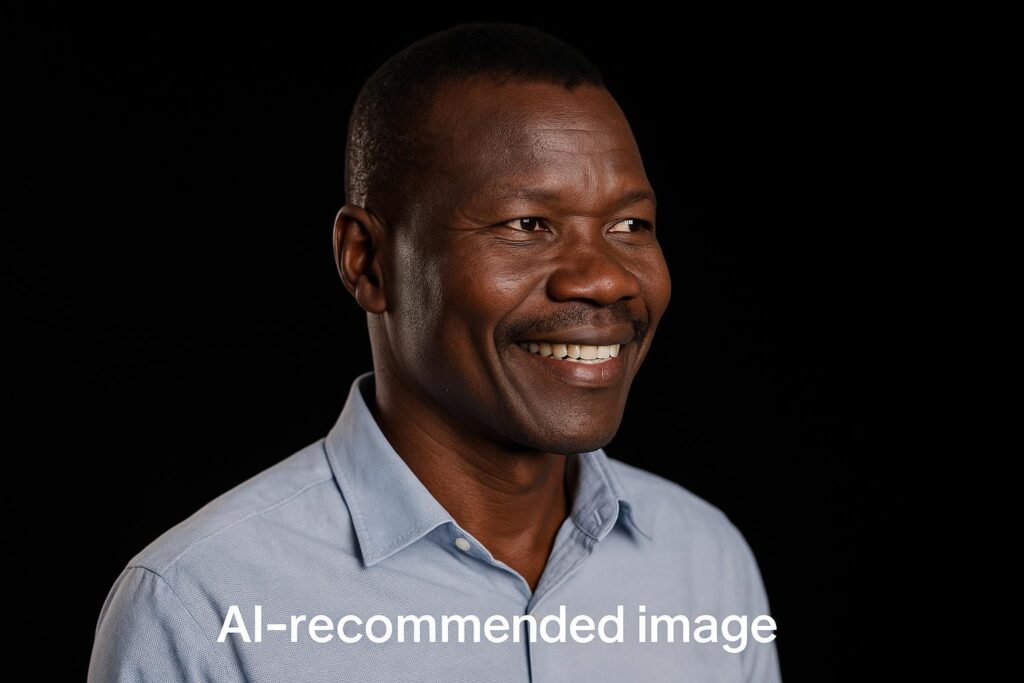Mounting Concerns Over R-ARCSS Progress
A senior analyst at International Crisis Group, Daniel Akech Thiong, says only about ten percent of the Revitalized Agreement on the Resolution of the Conflict in South Sudan has been carried out, five years after its signing.
The political atmosphere has tightened as deadlines slip; parliament remains partially reconstituted, the unified army is stalled, and election preparation budgets face repeated delays, raising fears of renewed violence among citizens and observers alike.
Unilateral Decisions Fuel Political Strain
President Salva Kiir’s recent decrees dismissing several Sudan People’s Liberation Movement-In-Opposition legislators have deepened mistrust inside the coalition government, according to Akech, who warns that “one side deciding at will” contravenes the spirit of collective leadership embedded in the accord.
Observers link the February removal of Western Equatoria Governor Alfred Futuyo to an emerging pattern of selective reshuffles that risk destabilising local power balances and derailing security sector reforms scheduled for completion this year.
Elite-Led Process Versus Grassroots Voices
Beyond procedure, Akech argues the agreement’s framework is “heavily skewed toward elites,” leaving communities who endured fighting with limited say in shaping their future or monitoring benchmarks such as cantonment, constitutional drafting, and transitional justice.
Civic organisations report frustration over restricted civic space, noting that public consultations on the permanent constitution stalled after initial town-hall meetings in Juba, Wau, and Bor due to funding gaps and pandemic-era movement controls.
Momentum for an Inclusive National Forum
Responding to the impasse, policy institutes propose a nationwide dialogue platform bringing together civil society, women’s groups, youth leaders, churches, and business associations to craft a realistic timeline toward elections while cushioning partisan tensions.
Government spokespersons state they are “open to broader engagement,” highlighting the recent reappointment of a multi-stakeholder task force on civic education as evidence of commitment, yet caution that logistics and security costs require sustained donor backing.
Stakes Ahead of Planned Elections
The transitional timetable sets December 2024 as the target month for South Sudan’s first nationwide elections since independence, a milestone that analysts say could either consolidate peace or reignite factional violence if unresolved grievances persist.
For citizens like Juba market trader Nyandeng Ladu, hope endures. “We just need leaders to sit together and finish what they promised,” she tells our magazine, her voice echoing the broader desire for security, jobs, and the chance to cast a meaningful vote.


